Sexual assault is not exclusive to Hollywood and the world of politics.
It also is a problem in our military, one that I lived through as a young Marine.
I can never forget that warm summer night in Okinawa, Japan, in 1999. I was taking an Algebra class. Math is my weak subject. I invited a male Marine to my barracks room so he could tutor me. It was late. We sat on my bed with my book open. He instructed me on y=mx+b. He complimented me on how pretty I was.
Next, he pushed and pinned me down. He fumbled with my clothing. I was so afraid that I forgot to scream.
My heart was booming in my chest. I couldn’t get him off of me. I pushed and kicked and yet he had his way. I never saw him leave. I never reported the incident. I never regained my sense of self again.
Maybe I shouldn’t have invited him into my space. Maybe it was too late to be alone in a room with a man twice my size. Sometimes I think it was my fault because it was late, and maybe I should not have invited a man into my dwelling, but ultimately, he should have been in control of his own actions. He had no right to touch me.
The Department of Defense FY 2016 Annual Report on Sexual Assault in the Military highlights that 4.3 percent of women and 0.6 percent of men experienced sexual assault in 2014. About one in three chose to report their assault in 2014, compared to the one in 14 who reported 10 years ago. Often times, cases are unreported, and our service members are left with long-term scars, a Post Traumatic Stress Disorder, that’s readily not addressed.
Because of their silence, failure to report, and reluctance to go to therapy, they pose a risk in losing their disability and compensation benefits—a monthly tax-free benefit paid to Veterans who are at least 10 percent disabled because of injuries incurred in or aggravated during active duty, active duty for training, or inactive duty training.
A change must happen in the way sexual abuse and sexual assault is handled in the military, and post-military, with the Veteran’s Administration. Service members should be able to feel comfortable in reporting these criminal horrific acts, instead of feeling ashamed and weak. Instead, it is common for service members to receive backlash or be blacklisted in coming forward in reporting sexual abuse.
Some therapists say that members who experience sexual abuse will eventually heal and live perceived to be normal lives. However, I haven’t healed. It’s been 18 years. I live in fear. I am detached from others, and I feel sad all the time. I don’t sleep at night. I startle easily and feel jittery. My memory is not the same. The thought of going to therapy is terrifying. I do not want to talk about that night. I don’t want to talk about the legacy of that night. It stirs old dreams, opens old wounds, and unearthed bones of shame and guilt. I keep it quiet and breathe to pass the time away.
I still have to go for an interview at the Veterans Administration every few years, to see if I still suffer from Post Traumatic Stress Disorder. I see a therapist that I don’t know, for 30-minutes. I receive a battery of questioning, to determine if I have healed from my problem. The psychologist during the last interview was apathetic towards my issues. She questioned me as if I was on trial—I had to prove to her that I was still hurting. I didn’t have enough evidence.
I was found guilty of faking an illness. I did not get a check in all of the boxes listed in the Diagnostic and Statistical Manual of Mental Disorders, a trauma, and stressor-related disorder. In our 30-minute conversation, she deemed me functional and able to compete with the rest of society, and I subsequently received a letter in the mail recommending an adjustment to my disability and compensation rating.
We owe this questionable process of snatching veteran’s benefits a closer look. If a person has experienced sexual trauma while serving in the military, leave their disability and compensation benefits alone.
They are owed that money for the violation of trust, violation of self-worth, and violation of sanity incurred from the professed Band of Brothers.
We cannot sue the government for infractions as such, but at least take care us. We are a nation known to take care of our own—take care of your mentally wounded warriors.
Randiesia Fletcher-Riggs is a disabled veteran, a community volunteer, and a public voices fellow with The OpEd Project.
Worth your time
- Non Gamstop Casinos UK
- Best Non Gamstop Casinos 2025
- Non Gamstop Casinos UK
- Non Gamstop Casinos UK
- Casinos Not On Gamstop
- Casinos Not On Gamstop
- Casino Not On Gamstop
- Casino Italiani Non Aams
- Online Casino Canada
- Non Gamstop Casinos Uk
- Best Non Gamstop Casinos
- Meilleur Casino En Ligne France
- Casino Sites Not On Gamstop
- Non Gamstop Casino Sites UK
- Casino Online Non Aams
- Casino Sites Not On Gamstop
- Non Gamstop Casinos
- Meilleur Casino En Ligne France
- Meilleur Casino En Ligne Francais
- Casino Sites Not On Gamstop
- Non Gamstop Casinos UK
- Casinos Not On Gamstop
- Migliori Siti Casino Non Aams
- Meilleur Casino En Ligne
- Casino Non Aams
- Meilleur Casino En Ligne Belgique
- Siti Non Aams
- Tennis Paris Sportif
- Site De Paris Sportif En Ligne
- Casino En Ligne France
- Sweet Bonanza Avis
- ブック メーカー おすすめ
- Online Casino App Real Money
- Casino Français En Ligne
- Casino Italia Non Aams
- Meilleur Casino En Ligne Belgique
- Meilleurs Casino En Ligne
- Nouveau Casino En Ligne
- Casino Con Crypto
- Best Crypto Casino




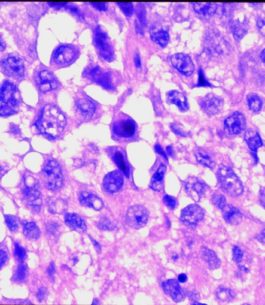
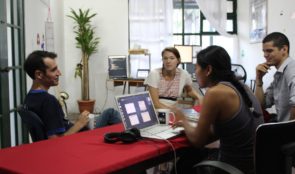

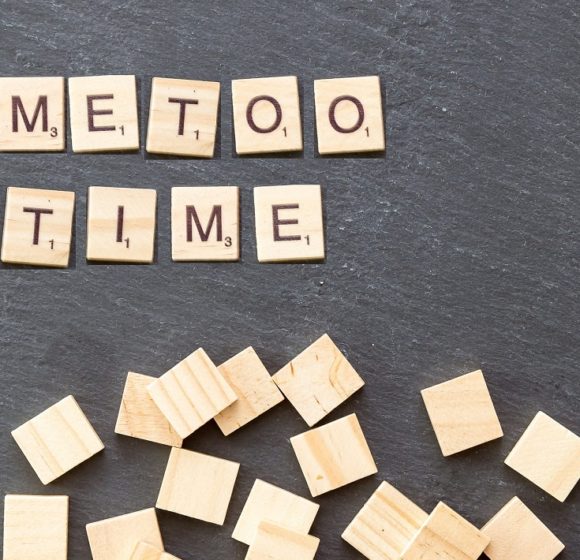


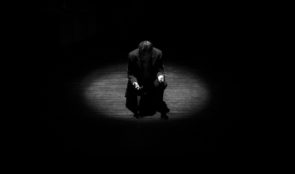
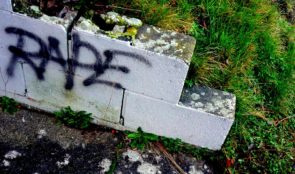



I appreciate Veteran Ms. Randiesia Flectcher-Riggs who despite her wounded self, she has become a wounded healer to many victims of sexual violence both in the community where she lives and those coming to her community from foreign nations who have experienced traumatic experiences due to sexual violence, genocide, and tribal/religious wars and violence. Yes wounded but wounds are being redeemed as she help others go through suffering and find ways of living again!
Our military is to protect, serve and represent us well, that cannot be done if atrocities such as this can go on. Thank you for giving a voice to the voiceless and being such an advocate for the women in your community. Your story shines a light in a very dark place, and your courage and bravery comes thru.
It is such a great courage to share this with us Ms. Randiesia Riggs. If people don’t talk about it, things will never change. We also need to respect our women regardless their race, age and career.
I’ve read a couple of Randiesia Fletcher-Riggs op ed pieces. Brilliant! Clear, direct talk about complex social problems. I hope she gets a permanent op ed voice in a syndicated column or widely read blog.